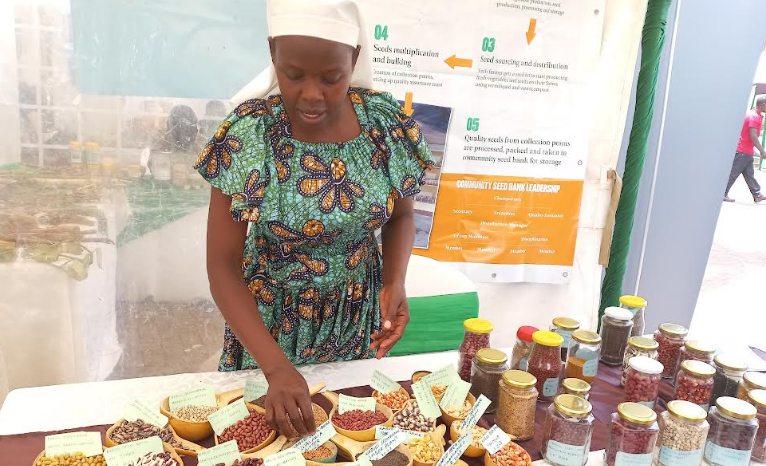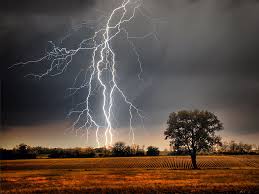Fake agricultural seeds still remain one of the biggest challenges affecting farmers, Kenya Plant Health Inspectorate Services (KEPHIS) Managing Director Theophilus Mutui has said.
Mutui said farmers need to be sensitised on the importance of acquiring seeds from registered agrovets to avoid the menace of fake seeds.
Speaking on the sidelines during the 12th Annual Seed Trade Association of Kenya (STAK) congress and Expo, Prof. Mutui said the issue of affordability is also very important to farmers so that they can buy the right seeds.
“Farmers need to be sensitised on the importance of acquiring quality seeds that have been certified. The problem of fake seeds is huge, and farmers have had to grapple with it after waiting for three months and they don’t harvest anything from their farms,” he noted.
These challenges, Prof. Mutui said, contribute to food insecurity in this country but added that KEPHIS has doubled its efforts in tracking and tracing any person or unscrupulous trader selling fake seeds.
“When we get them, we take them to court. We have pending court cases in Kitale and Njoro, and recently we arrested some unscrupulous traders in Meru who were packaging grains after colouring them,” he explained.
Prof. Mutui continued: “We are warning all unscrupulous traders that anybody found selling fake seeds is going to be taken to court, and law will take its course.”
He, however, regretted that the seed law provides for a very low fine penalty for fake seeds and, as an example, singled out a suspect who was found with fake seeds worth Sh13 million but was fined only Sh100,000.
“We are urging our courts and other law enforcement agencies to help us address this issue to deter the vice. We should give the highest penalty to deter them from repeating that bad habit,” Prof. Mutui said.
In this planting season, the MD assured that they have redoubled their efforts in market surveillance for seeds to make sure no fake seeds are being sold.
He, however, urged farmers to buy varieties that are suitable for their areas, plant early, but more so, ensure they get seeds from recognised agrovets.
Wellington Wasike, STAK Chairman, said the conference is discussing matters to do with policies, seed production, and also quality seed access to farmers and how stakeholders can ensure farmers are not fenced against unscrupulous dealers.
On matters Agrovets, Wasike said they are looking at how to mainstream agrovets, how to monitor those that are in far-flung areas and bring in the county government surveillance mechanism, and also review the policy that deals with counterfeits.
The government has supported and helped in terms of penalties for those who sell counterfeit seeds, but there is a need to reinforce those within counties and national governments to guard Kenyan farmers against fake seeds.
Another big challenge Wasike noted is the technology developed by scientists and researchers, but a lot of it is just gathering dust on the shelves. “We want to come up with a framework on how to popularise the technologies in place to enable farmers in Kenya to access and practice climate-smart farming.”
In August this year, the government formed a multi-agency committee, which will help unravel cartels behind the distribution of fake seeds in the country.
Agriculture and Livestock Development Cabinet Secretary Dr. Andrew Karanja revealed that the committee comprises national government administrators, security personnel, and representatives from other government agencies.
Dr. Karanja reiterated the government will not rest until those behind the circulation of fake seeds are revealed, arrested, and prosecuted.
By Wangari Ndirangu





